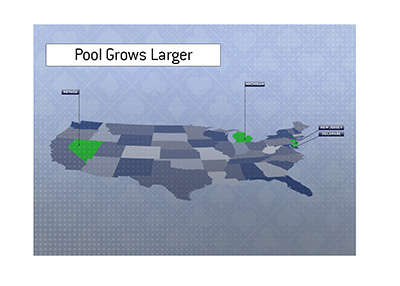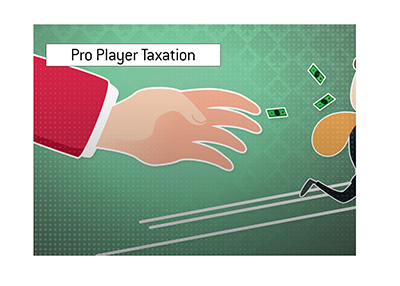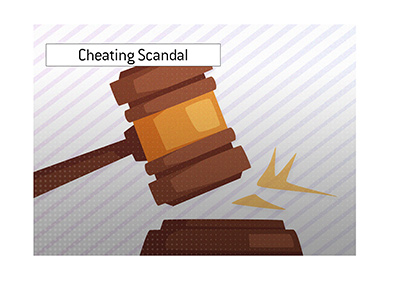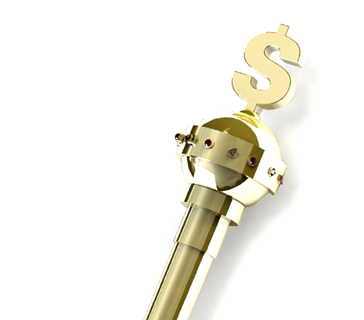Phil Ivey Granted Permission By Supreme Court To Appeal
Published on February 28th, 2017 5:50 pm EST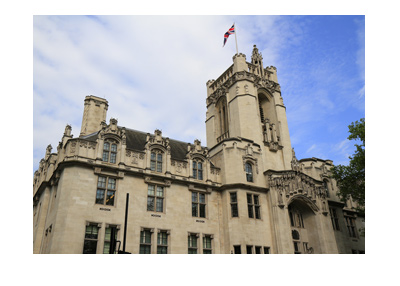 The ongoing case between Phil Ivey and the Crockfords casino in the United Kingdom will be decided by the highest court in the land - the Supreme Court.
The ongoing case between Phil Ivey and the Crockfords casino in the United Kingdom will be decided by the highest court in the land - the Supreme Court. Earlier today, Phil Ivey and his legal team were given permission by the UK Supreme Court to appeal a ruling made last November by the Court of Appeal. Ivey and his legal team lost that ruling 2-1 but vowed to continue the fight.
Here is what Ivey had to say about the Supreme Court's decision:
"The Supreme Court is the UK's highest court of appeal for civil cases and only hears cases which raise issues of general public importance."
"Last November's Court of Appeal ruling made no sense to me. The original trial judge ruled that I was not dishonest and none of the three Appeal Court judges disagreed, and yet the decision went against me by a majority of 2 to 1. I am so pleased that the Supreme Court has granted me permission to fight for what I genuinely believe is the right thing to do in my circumstances, and for the entire gaming industry. I look forward to the Supreme Court reversing the decision against me."
One of Ivey's lawyers, Matthew Dowd of Archerfield Partners LLP, had this to say:
"Phil and his legal team are delighted that the Supreme Court judges have decided that the Court of Appeal's decision should be reviewed. The Court of Appeal's ruling left the interpretation of Section 42 of the Gambling Act totally unclear and the decision to grant permission to appeal demonstrates that the Supreme Court agrees with that view."
-
The battle between Phil Ivey and Crockfords revolves around "edge sorting", which Ivey and his associate used to win roughly $10 million from Crockfords a number of years ago.
By utilizing improperly cut cards that were provided by the casino, Ivey and his associate were able to gain an advantage over the casino. By asking that certain cards be rotated 180 degrees, Ivey was able to ascertain if a facedown card fell within a certain range, due to the asymmetric pattern on the back. In the game of punto banco, this allowed Ivey to know if a card fell within a certain range without it being flipped over, which allowed him to win millions of dollars in a short period of time.
Crockfords felt that something was strange about Ivey's win, so they launched an investigation. In the end, Crockfords determined that Ivey was cheating and refused to pay out his winnings.
The Borgata in the United States heard about this decision and elected to launch a lawsuit against Ivey, alleging that he had used edge sorting to win millions of dollars off of them as well. In short, Ivey stands to lose $20 million if the two cases end up going against him, plus likely millions of dollars more in lawyer's fees.
-
Is edge sorting cheating? This is what the United Kingdom's Supreme Court intends to determine when they hear Phil Ivey's appeal.
One way or another, the Supreme Court is set to finally determine the outcome of Phil Ivey vs Crockfords.
--
Filed Under: Poker Legal Issues

